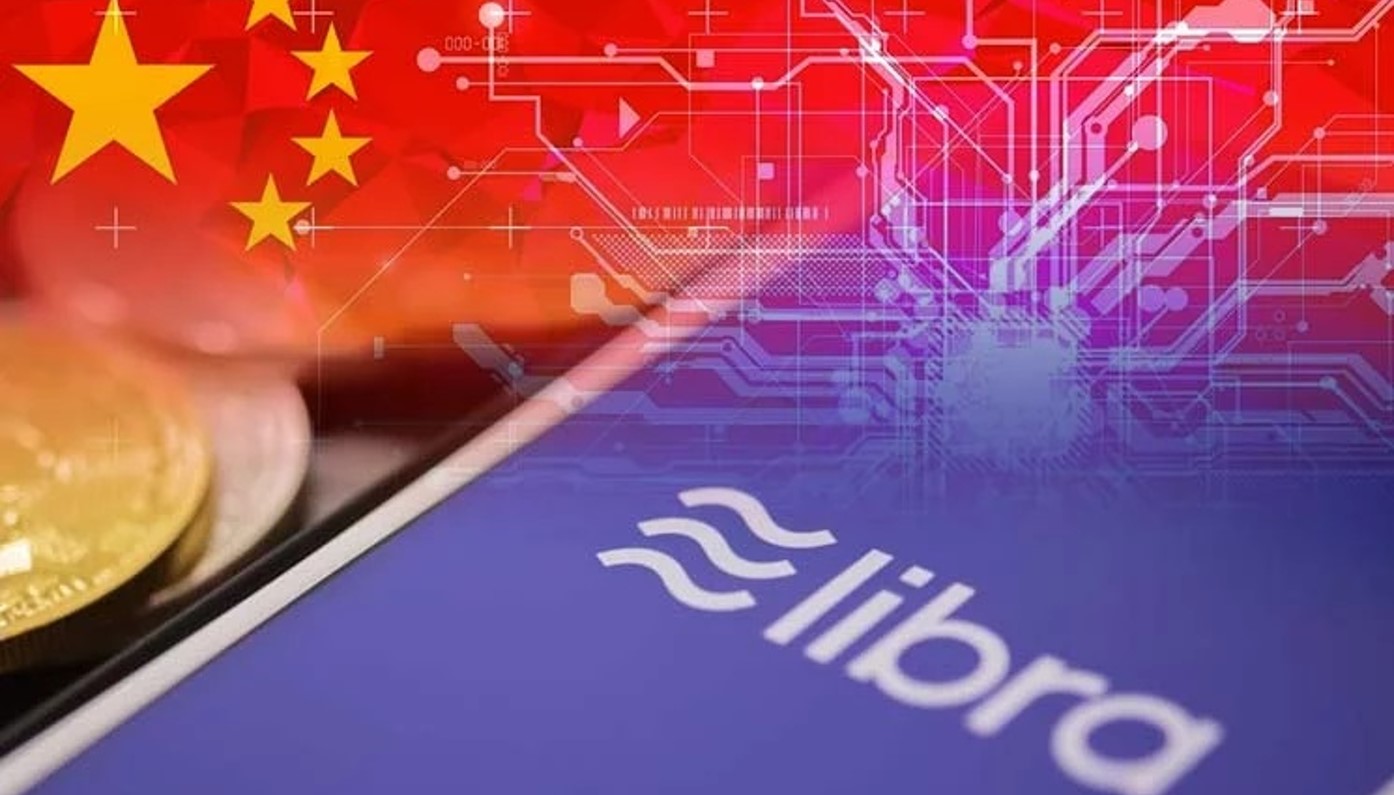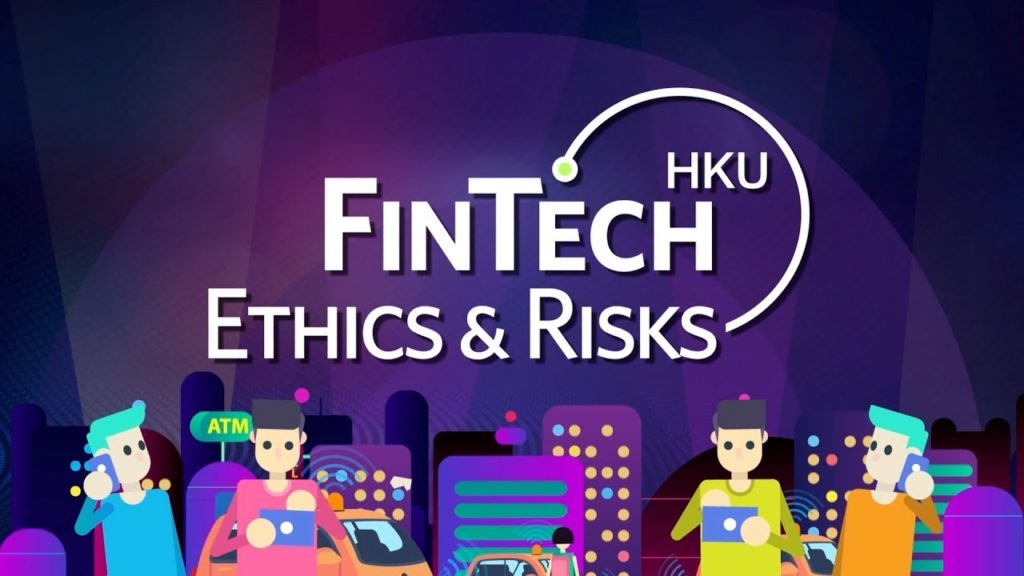BUSINESS ANALYSIS
&
CREATIVE SOLUTIONS
The (Ethical) Paradigm shift of Fintech and Blockchain
Finance and Technology are interlinked and evolve together in the perspective of the Evolution of Fintech. The last paradigm emerged in 2008 following the financial crisis based on the widespread use of information technology and the need for regulatory innovation. The same year, a paper titled Bitcoin: A Peer-to-Peer Electronic Cash System was published by the unknown Satoshi Nakamoto, who created the well-known cryptocurrency, one of the first use cases of blockchain technology. One may wonder if this paradigm shift is an incremental evolution of Fintech or a more disruptive revolution similar to nuclear power or electricity.

If we look at some ethical considerations, blockchain gives rise to several issues in terms of security, privacy, efficiency and the integrity of the system itself, and the risk of crime and oppressive conduct that a mediating institution would otherwise offset. Those issues are only the emerged part of the iceberg of blockchain ethics which is a broader quest to redefine the value of our society since blockchain technology is changing the nature of money and organisations. In this way, we shouldn’t only consider the risks brought by the technology and the opportunity of blockchain for good based on evolved moral principles.
Fintech and blockchain are paradigm shifts in our society, with other technologies that include artificial intelligence and big data. Alone this paradigm is an evolution of Fintech. But combined with AI and cybernetics, this paradigm shift is a cognitive revolution that may either decentralise the power of monopolies or control the decentralised power of people. That’s why blockchain ethics should examine what the technology can do and ponder the potential consequences like the control of nuclear power that led to the atomic bomb or the electricity that led to the electric chair for the death penalty.
This article is part of the Ethics of Fintech & Blockchain series with the 5 key principles of digital currencies and cryptocurrencies and Are Digital Currencies the new Technological Power?
Are Digital Currencies the new Technological Power?
Money is more and more digital with the emergence of virtual banking, online payment and cryptocurrencies based on blockchain technology. Although Bitcoin may not become a global reserve currency, it has opened the box for digital currencies created by private organisations and central banks that will compete with the Dollar. History has shown that the US Dollar will eventually stop being the world’s reserve currency. More importantly, cryptocurrencies raise ethical questions about the control of the technology behind which will impact the worldwide economy as never before compared to the traditional fiat currencies.

The emergence of cryptocurrencies such as Bitcoin or Ethereum, and more recently, the launch of the project Libra proposed by Facebook, highlight the fact that technology is not neutral—it’s political and even geopolitical. As an example, Zuckerberg faces US Congress on Libra, privacy and more. As an argument, Facebook warns Washington that Beijing wins if Libra plan fails. Indeed, the People’s Bank of China races to launch its digital currency to accelerate the yuan’s use internationally. Moreover, the Chinese Communist Party is adopting a proactive approach since President Xi Jinping calls for blockchain development to gain technological power.
The challenges of digital currencies are related to payment before the replacement of the U.S dollar as the world’s reserve currency. It starts with the rise of stablecoins such as USDC or Libra, central bank digital currencies (CBDC) and a combination of both through synthetic CBDC model, which is a public-private partnership, with the rise of digital money. For example, AliPay and WeChat Pay are already required to back the money with the reserves of the People’s Bank of China. The Chinese central bank is about to increase its technological power with the launch of its digital currency in addition to the social credit system developed by the Chinese Communist Party.
This article is part of the Ethics of Fintech & Blockchain series
The 5 key ethics principles of digital currencies & cryptocurrencies
Blockchain technology is one of the elements of the current Fintech paradigm that is changing how our society defines money and organisations. Blockchain applications may not often be a revolution. Nevertheless, digital currencies have a disruptive potential as technology power based on the decentralization of trust. Taking into consideration the ethics of fintech and blockchain, we will look at trust as one of the key ethics principles, together with proximity, accountability, privacy and cultural lag. Then, we will introduce the ethical paradigm shift of fintech & blockchain and discuss the technological power of digital currencies.

Trust: Because of the decentralized characteristic of Bitcoin and other cryptocurrencies, it’s difficult for the general public to trust their use since there is no central authority. Blockchain stakeholders are working with financial regulators to create a trustful framework to avoid money laundering, fraud and other associated risks.
Proximity: The rise of stablecoins fosters the adoption of cryptocurrencies because they are pegged to fiat currencies. People feel more comfortable using digital money that they are familiar with since they already transfer it online, although it’s not based on blockchain.
Accountability: The launch of cryptocurrencies by large TechFins companies raise the issue of their responsibility since it may affect traditional currencies and the whole economy.
Cultural lag: Blockchain has revolutionary potential to change world trade and monetary organisations, but it will take more time for companies and people to adopt the new system.
Privacy: Privacy may be the central issue in the long term since the blockchain is immutable. The risk is that everyone can access your information, or at least your pseudonym, in the public blockchain, in other words, a decentralised power. On the contrary central organisation may monitor all your information in a private blockchain that allows controlling of the decentralised power of people.
I recommend you join the online course FinTech Ethics and Risks from HKU FinTech to learn more about those 5 Key Ethics Principles with concrete examples in Fintech, including Blockchain, Cybersecurity, Artificial Intelligence as well as technological decentralization.
This article is part of the Ethics of Fintech & Blockchain series

